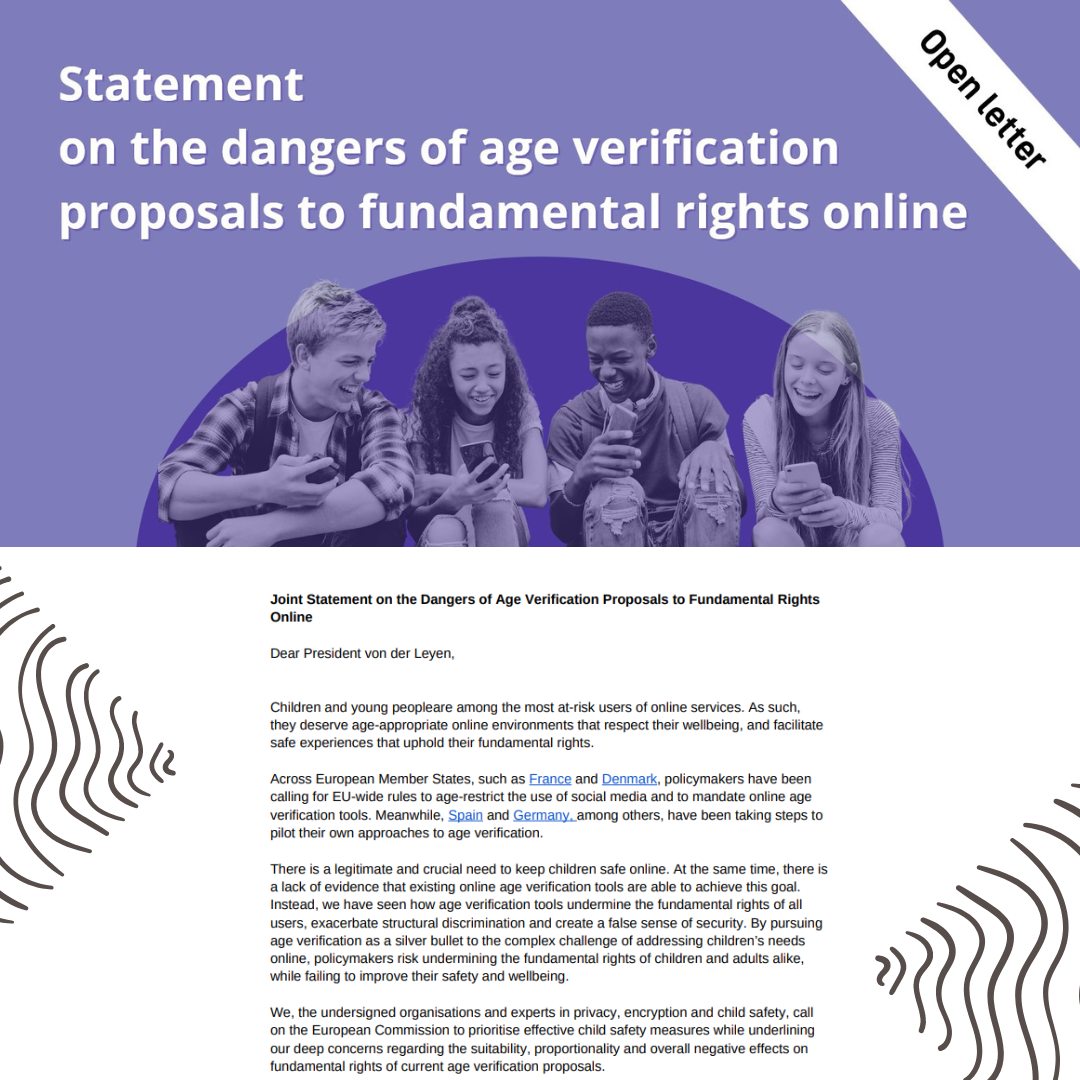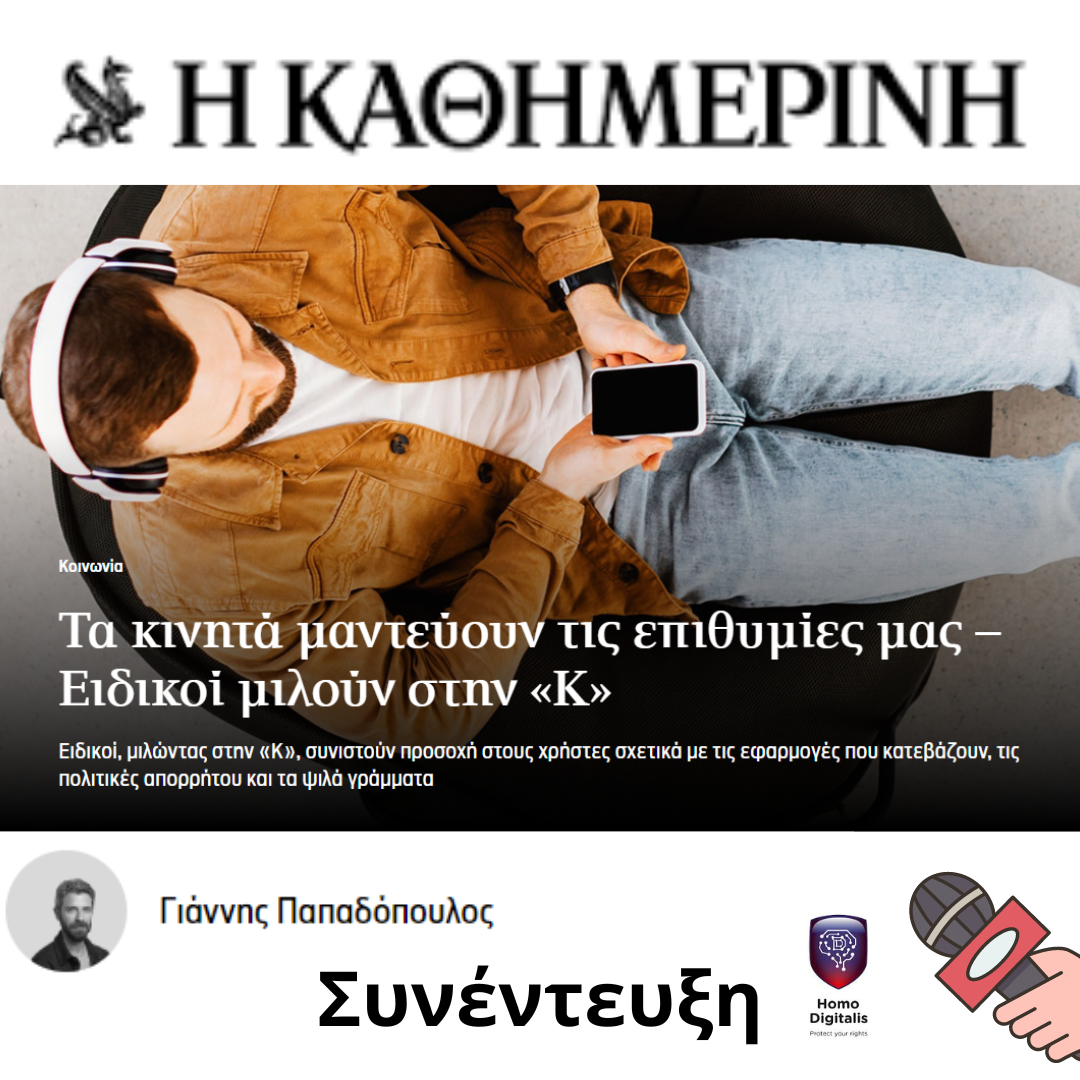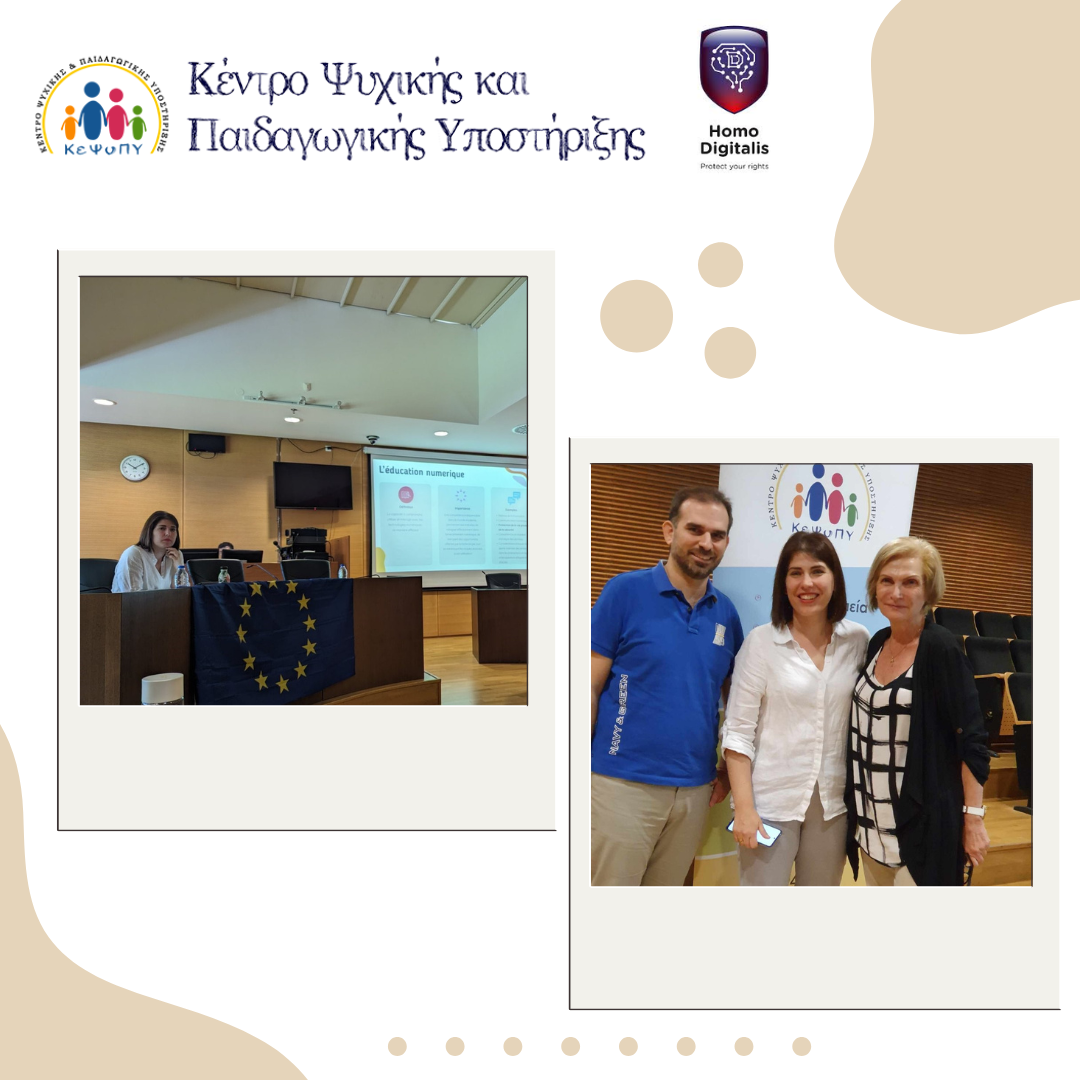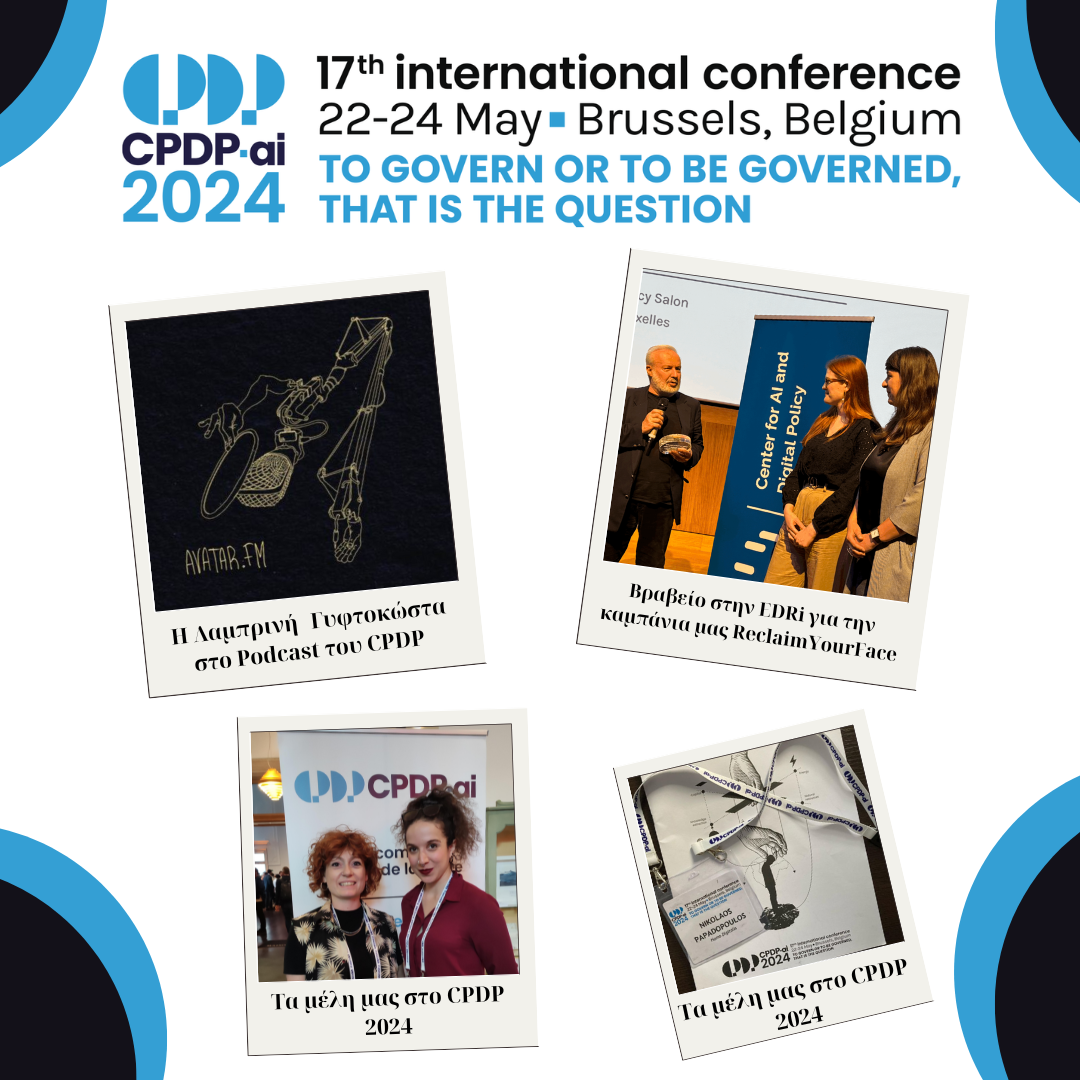The fifth open call of NGI TALER is here! Submit your application!
Got a groundbreaking idea for free software and privacy preserving projects that complement our mission as NGI TALER? Missed our first four funding calls? No worries!
NGI TALER’s 5th Open Call is live since 1st of December 2024 and you’ve got almost two month to apply. The deadline is 1st of February 2025, 12:00 CET (noon).
We’re on the lookout for proposals that will revolutionize digital payment systems and contribute to an open, trustworthy, and reliable internet for all.
NGI TALER is offering funding between 5,000 and 50,000 euros! Whether you’re a SME, academic, public sector entity, nonprofit, community, or an individual – we want your innovative ideas!
For example, you can enhance GNU Taler by developing auxiliary tools, improving user experience,creating integrations into FOSS applications (think P2P micropayments in instant messaging, social media platforms, or video conferencing tools), or boosting infrastructure components (like merchant backends), to name a few ideas.
For more info about this and other NGI funding calls, you can visit the NGI – The Next Generation Internet’s website here.
You can read the detailed Open Call, Guide for Applicants, Eligibility Requirements, and FAQs on NLnet Foundation’s website here
Last but not least, you can join our TALER Integration Community Hub (TALER ICH) to discuss and get your questions answered here.
Don’t miss out on this incredible opportunity!
NGI TALER is co-funded by the European Union. Views and opinions expressed are however those of the author(s) only and do not necessarily reflect those of the European Union. Neither the European Union nor the granting authority can be held responsible for them.
The fourth open call of NGI TALER is here! Submit your application!
The fourth open call of NGI TALER is here! Submit your application!
Got a groundbreaking idea for free software and privacy preserving projects that complement our mission as NGI TALER? Missed our first three funding calls? No worries!
NGI TALER’s 4th Open Call is live since 1st of October and you’ve got almost two month to apply. The deadline is 1st of December, 12:00 CET (noon).
We’re on the lookout for proposals that will revolutionize digital payment systems and contribute to an open, trustworthy, and reliable internet for all.
NGI TALER is offering funding between 5,000 and 50,000 euros! Whether you’re a SME, academic, public sector entity, nonprofit, community, or an individual – we want your innovative ideas!
For example, you can enhance GNU Taler by developing auxiliary tools, improving user experience,creating integrations into FOSS applications (think P2P micropayments in instant messaging, social media platforms, or video conferencing tools), or boosting infrastructure components (like merchant backends), to name a few ideas.
For more info about this and other NGI funding calls, you can visit the NGI – The Next Generation Internet’s website here.
You can read the detailed Open Call, Guide for Applicants, Eligibility Requirements, and FAQs on NLnet Foundation’s website here
Last but not least, you can join our TALER Integration Community Hub (TALER ICH) to discuss and get your questions answered here.
Don’t miss out on this incredible opportunity!
NGI TALER is co-funded by the European Union. Views and opinions expressed are however those of the author(s) only and do not necessarily reflect those of the European Union. Neither the European Union nor the granting authority can be held responsible for them.
Open letter: The dangers of age verification proposals to fundamental rights online
Today, Homo Digitalis joined EDRi and other 62 organisations and experts urge the European Commission to halt proposals for using age verification tools when implementing DigitalServicesAct and eIDAS.
Evidence and lived experiences show these tools are dangerous, discriminatory and unsafe:
-Exclusive: Document-based verification excludes those without IDs, worsening the digital divide
-Invasive: Their ‘accuracy’ relies on processing vast amounts of personal data, threatening our right to online anonymity
-Pose privacy risks: Age estimation methods often use sensitive data like biometrics, which are prone to errors & bias.
-Discriminatory: Biometric-based approaches can be biased, based on gender, race, or disability.
Age Verification tools aren’t a silver bullet for addressing children’s needs online. Read more in the open letter here.
Statements by Homo Digitalis in Kathimerini on speech recording and online advertising
Journalist Giannis Papadopoulos in his article for Kathimerini newspaper discusses the recent revelations about the “Active Listening” function of the advertising company Cox Media Group.
Specifically, in a corporate presentation trying to promote this feature to its customers, Cox Media Group claimed that it could “eavesdrop” on conversations of users of mobile phones and other smart devices and with the help of artificial intelligence create targeted ads. The Company’s existing customer base includes major technology companies, including Facebook, Google and Amazon.
Lamprini Gyftokosta and Eleftherios Chelioudakis provided statements for Homo Digitalis to the reporter regarding both mobile phone settings and the challenges that arise in protecting the personal data and privacy of users through the dark patterns used by the tech giants.
We are very grateful to the journalist for his interest in our posts. You can read his article here.
In a related article-opinion hosted by Kathimerini newspaper and co-authored by Lillian Mitrou, Professor at the University of the Aegean and Vassilis Karkatzounis, PhD candidate at the University of the Aegean, important observations are provided regarding the challenges arising from the application of legislation in the complex environment of online advertising. You can read the article here.
Finally, we recall that as early as 2020, Homo Digitalis has already taken strategic legal action at the European level with our complaints against Google and IAB Europe in the context of their intrusive practices of targeted behavioural advertising. Our cases are pending before the Irish and Belgian authorities respectively and we expect decisions on these cases to be issued shortly. You can read more here.
The third round of NGI TALER Funding Applications is now open! Deadline is October 1!
Do you have an idea for a project based on free software and privacy principles that is relevant to the NGI TALER mission, but you missed our first two open calls for funding?
You still have the chance to make your idea a reality!!! NGI TALER’s 3rd open call for funding has been open since the beginning of June and the deadline for submitting proposals is 1 October , at 12:00 CET (Brussels noon).
We invite you to help reshape the state of digital payment systems and help create an open, trustworthy and privacy-friendly internet for all!
We are looking for project proposals between €5,000 and €50,000. The call is open to businesses, academics, the public sector, non-profit organisations, communities and stakeholders. You can contribute exciting new features to GNU Taler itself, build utilities, work on user experience, develop integrations to FOSS applications and open standards (for example, enable P2P micropayments in an instant messenger, an open social media platform or a video conferencing tool) or develop improvements to infrastructure components (such as merchant backends)!
Visit the NGI – The Next Generation Internet website for more information on this and other funding calls here.
Visit the NLnet Foundation website to read our detailed open call, applicant guide, eligibility requirements and FAQs, and to submit your form, here.
Register now on the TALER Community Interface Hub (TALER ICH) to discuss with us here.
We give a lecture on AI ACT at company bora
Tomorrow, June 20, Homo Digitalis will give a talk-seminar on AI Act before the workforce and partners of the company bora.
Specifically, Homo Digitalis’ AI & Human Rights Manager, Lamprini Gyftokosta, in a 1-hour web presentation in English, will take a deep dive into the important provisions of the new legislation and discuss relevant compliance challenges with the audience!
Many thanks to bora for the kind invitation to host this seminar, and especially to Anastasios Arampatzis, Joe Pettit & David Turner!
You can learn more about bora here.
If you would also like to invite Homo Digitalis to provide a relevant seminar to your employees, you can express your interest at info@homodigitalis.gr
Homo Digitalis speaks at the 2nd Colour of Surveillance Conference
Homo Digitalis has the great honour and pleasure to speak at the 2nd European Colour of Surveillance Conference “Liberation Practices in times of Fascism”, which this time is being held on 26 & 27 June in Berlin by the organisations Equinox Initiative for Racial Justice, International Women* Space and Weaving Liberation!
Specifically, Homo Digitalis’ Director of Human Rights & AI, Lamprini Gyftokosta, will give a speech in the framework of the Workshop “Blue: the colour of surveillance In Greece: lessons from challenging Migration Tech” during the second day of the conference!
We would like to thank the organizers for the kind invitation and hospitality!
You can learn more about the conference programme here.
Translated with DeepL.com (free version)
We spoke at an event hosted by KEPSIPI in the context of the Erasmus+ Digital Learning and Social Intervention programme
On Thursday 23rd of May we had the pleasure to participate in the event organized by KEPSIPI in the framework of the Erasmus+ Digital Learning and Social Intervention project and to talk about digital learning and the importance of personal data for social workers from Greece, Belgium, France, Luxembourg and Romania and the challenges of using AI tools in the field of social intervention. We would like to thank Ms. Margarita Moraitou for the invitation and her efforts to highlight this issue both nationally and European-wide.
Our Director for AI and New Technologies, Lamprini Gyftokosta, spoke representing Homo Digitalis at the event.
You can learn more about the work and activities of the Centre for Mental and Pedagogical Health here.
Homo Digitalis' participation in CPDP 2024 was a great success
For another year, and consistently since 2019, Homo Digitalis was present at the internationally renowned Computers, Privacy & Data Protection (CPDP) conference in Brussels!
We are honored that the organizers chose us to participate in the conference podcast series, with our Director for AI & Human Rights, Lamprini Gyftokosta, analyzing our pending cases before the Data Protection Authority in Greece, and our significant successes so far!
Also, another very nice moments of ours at the event, is EDRi’s award from the Center for AI and Digital Policy (CAIDP) “AI Policy Leader in Civil Society” regarding our joint campaign ReclaimYourFace, of which Homo Digitalis is a co-founding member!
Of course, it is always unique for us to see our members actively participating in the conference and have a dynamic presence in discussions, panels and other events both with their Homo Digitalis hat and that of their professional capacity Thank you very much for proudly representing Homo Digitalis at this conference every year!!!








